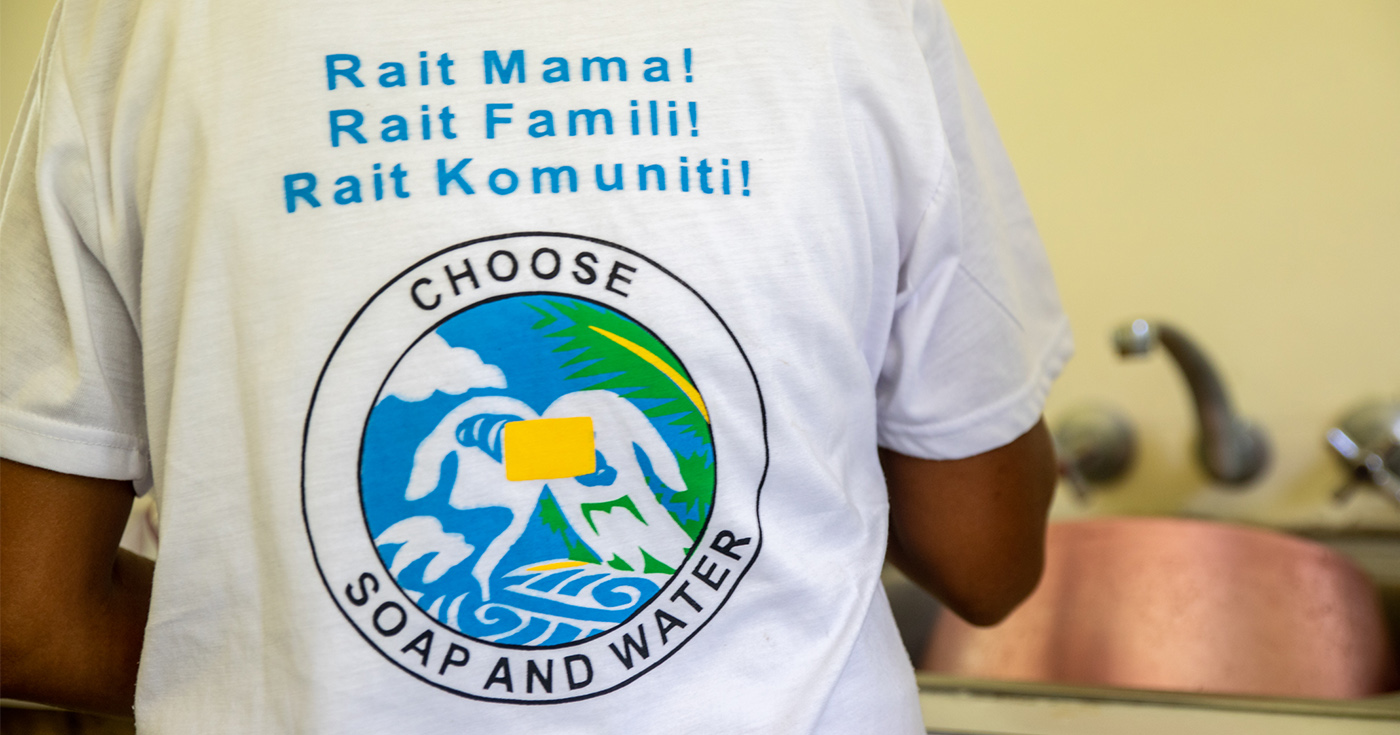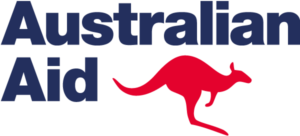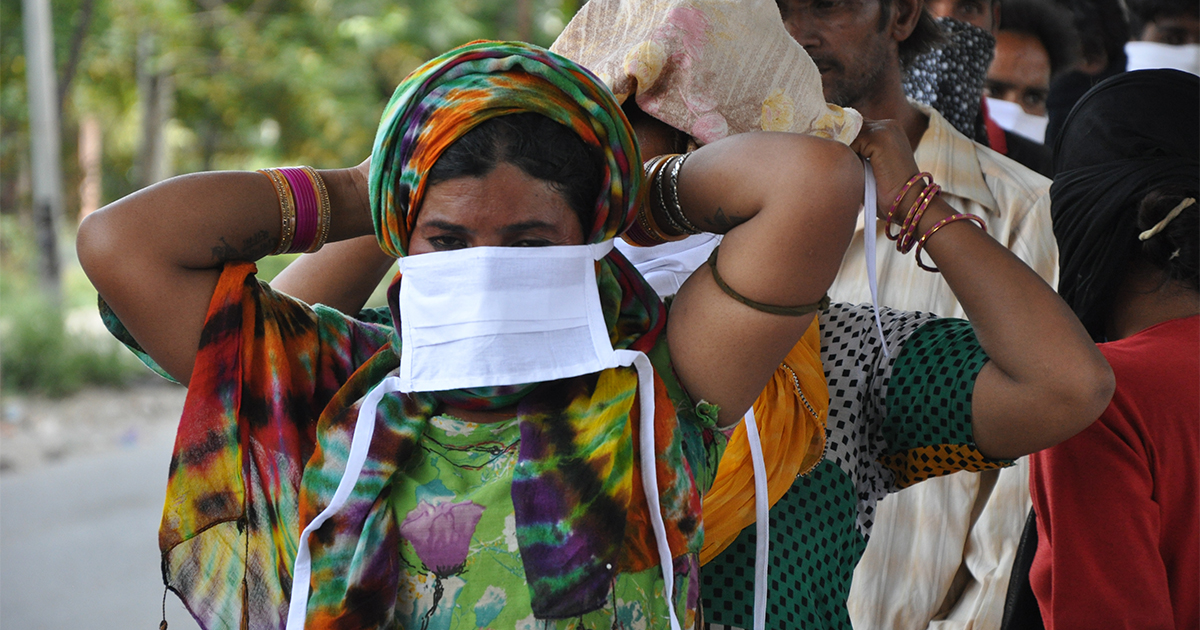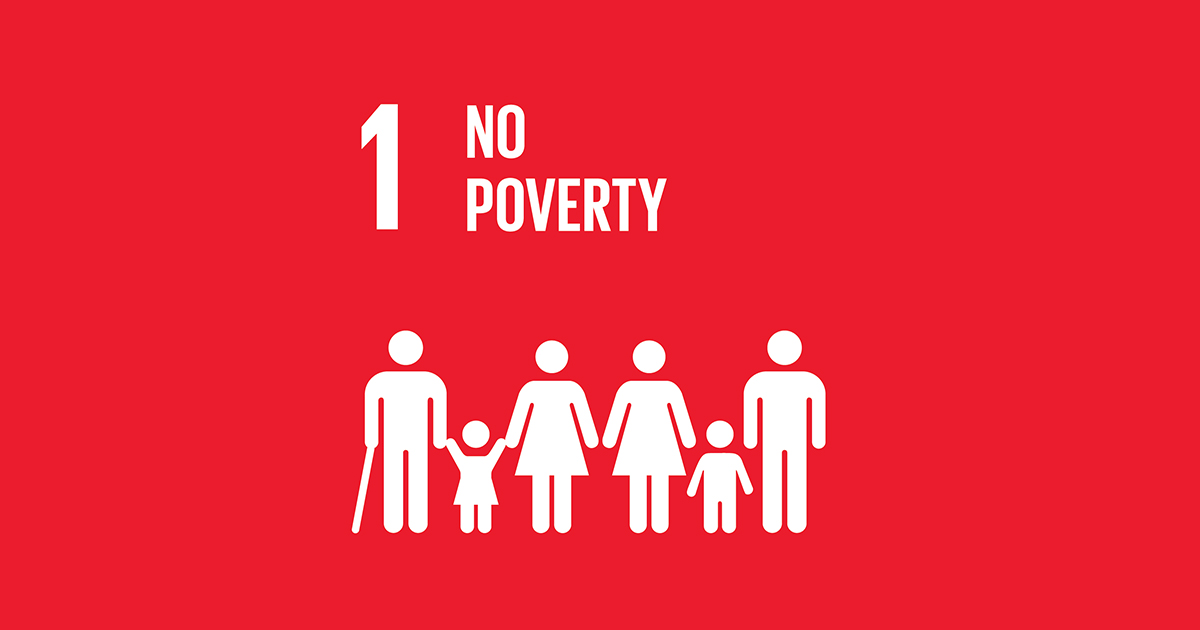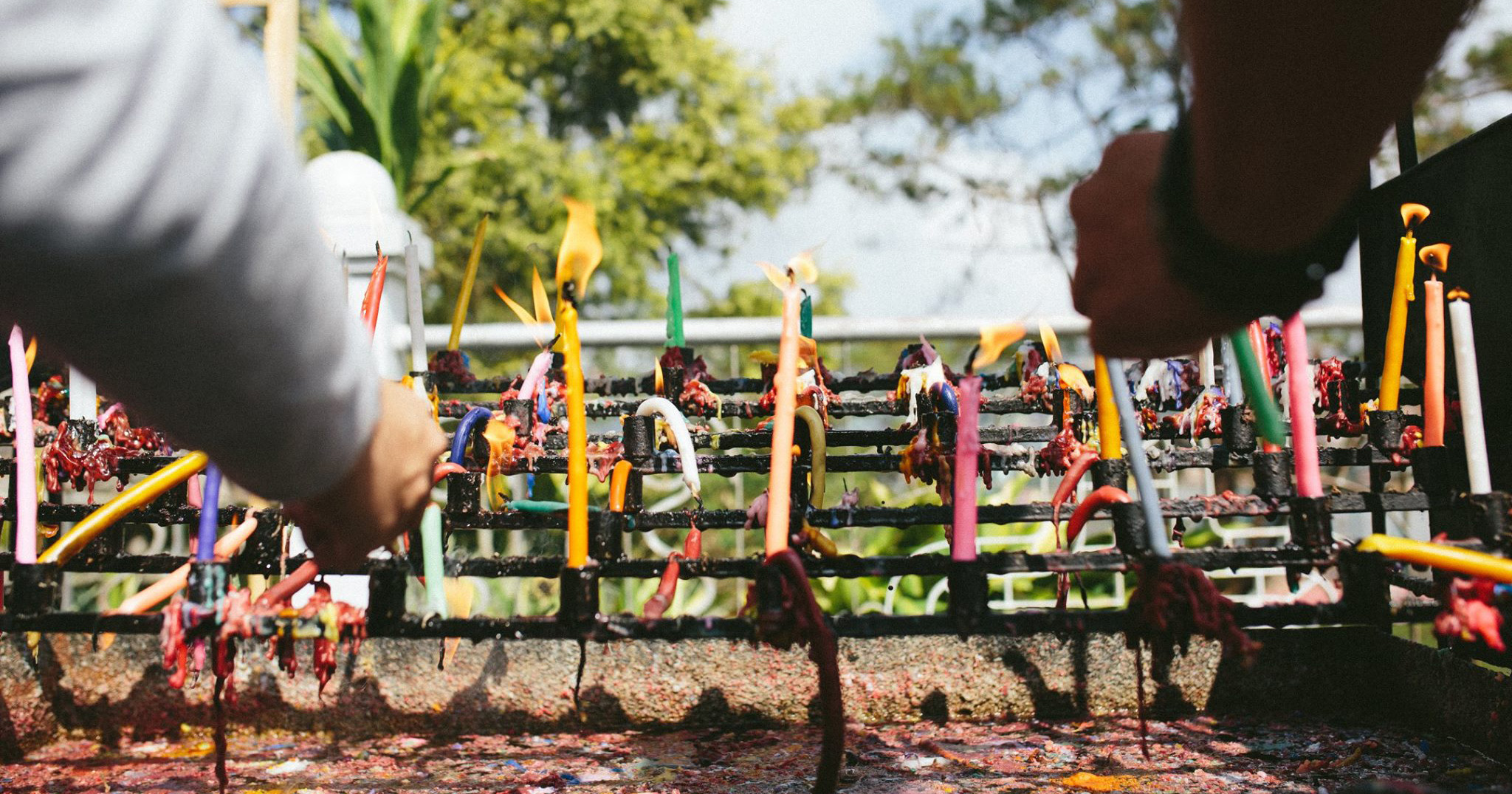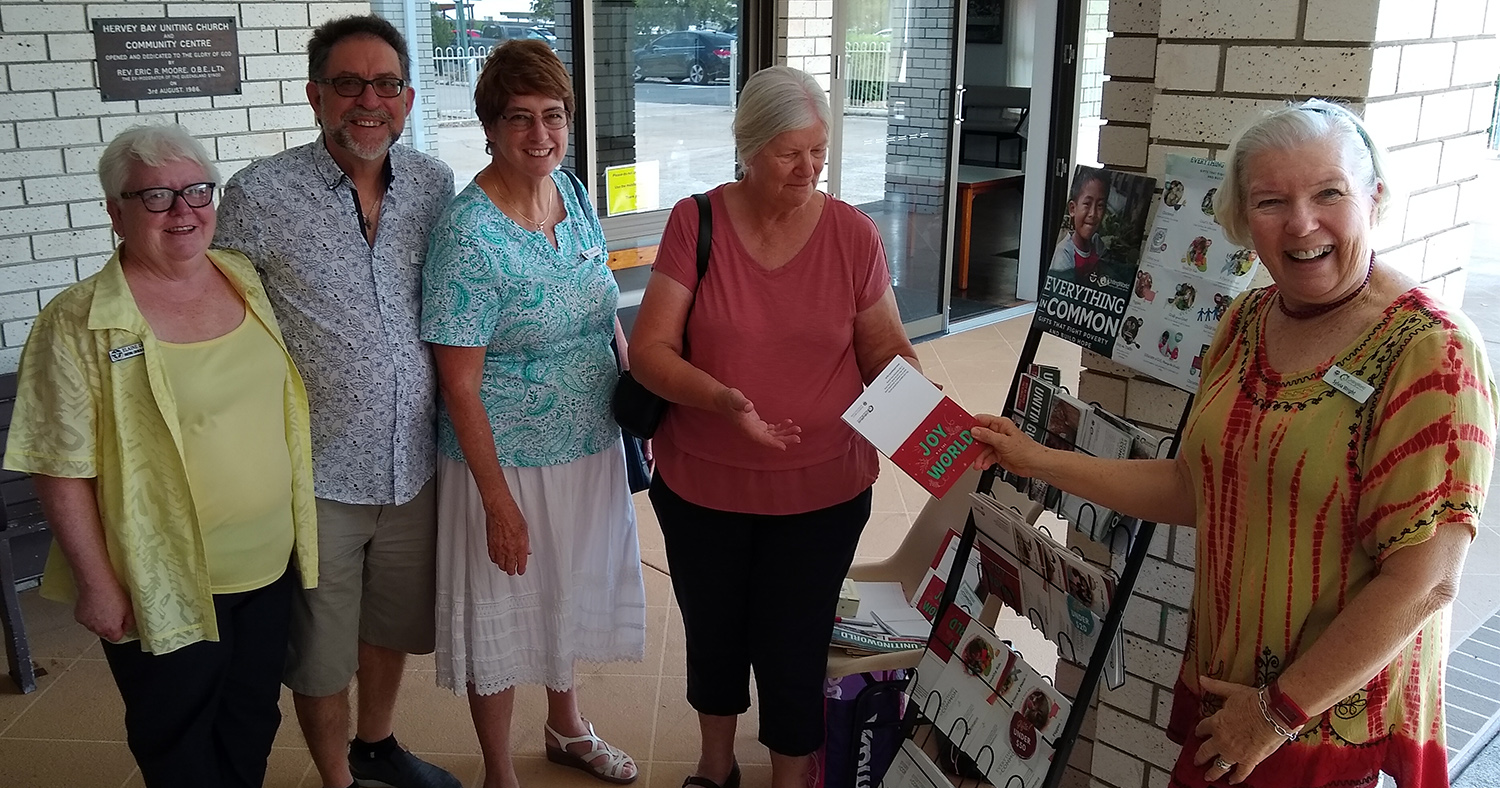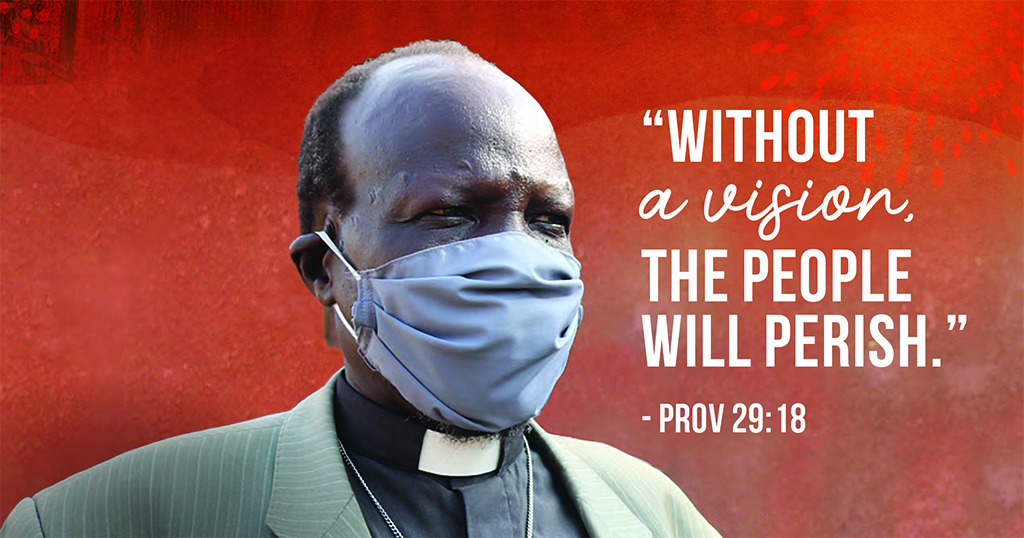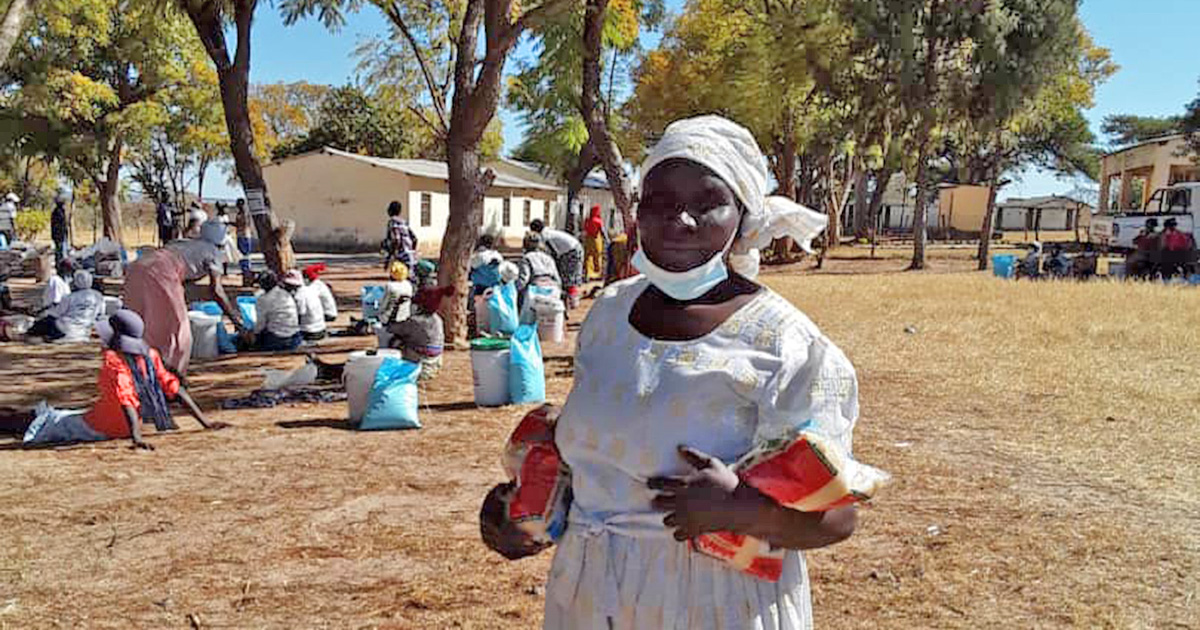#EndCovidForAll Update
Thank you so much to all those who signed the pledge to urge the Australian Government to provide vital support to nations hardest hit by the COVID-19 crisis.
You were among more than 25,000 Australians whose signatures were passed on to government to let them know we care about our neighbours. In the 2020-21 Budget announced in early October, the government committed $304.7 million of additional money for the Pacific and Timor-Leste to help them recover from COVID-19. This is critical assistance for nations whose economies have been devastated by the pandemic and a real win for the campaign you’ve been a part of. Thank you!
Your support and action has helped make announcements like these possible:
- $80 million to the COVAX Advance Market Commitment to ensure vulnerable nations get access to a COVID-19 vaccine.
- 500 million to assist in the rollout of a COVID-19 vaccine to the Pacific and Southeast Asia.
- A $1.37 billion standby loan to Indonesia to tackle coronavirus and boost its economic recovery.
- $550 million to assist Southeast Asia with new development, security & economic programs.
Micah Australia has released a video to say thank you and highlight the achievements of the campaign. Click the post below to share the good news!
“Together, we are showing what it’s like to be a generous nation and to step up,” said Tim Costello, Executive Director of Micah Australia.
“Together we are going to End COVID for ALL”
It’s critical that we keep speaking up for aid and collaborating for a more just world in these challenging times.
Thank you for standing with us.
The End Covid for All campaign is an initiative of Micah Australia, a coalition of churches and Christian organisations raising a powerful voice for justice and a world free from poverty. Click here to visit the campaign homepage.


